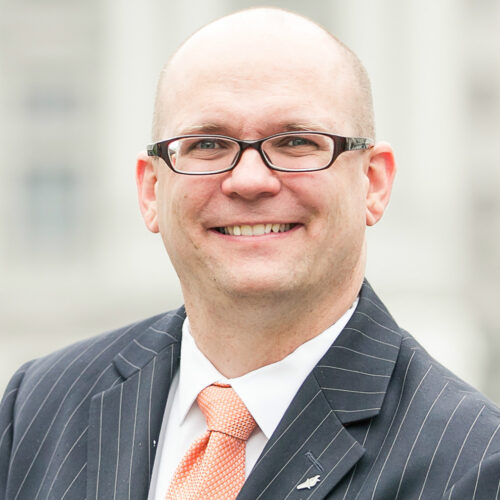Public sector union executives are heavily involved in politics, spending millions in membership dues on lobbying and issue advocacy. They also maintain political action committees (PACs) to get their preferred political candidates elected, despite the obvious conflicts of interest that will arise when bargaining for a new contract with the same political candidates. For example, during the 2021–22 election cycle, Pennsylvania saw the fourth most union political spending of any state. Pennsylvania’s governor, Josh Shapiro, was the top individual recipient of public sector union PAC contributions in the country.
For decades, public sector union executives have been building their power and influence in Pennsylvania. As part of that effort, these union executives have secured significant favors from the state government, giving them an outsized role in shaping public policy. They protect their interests primarily by blocking any efforts to disrupt the status quo, including school choice, limits on state spending, tax relief, health care innovation, and welfare reform, among others.
Along the way, these powerful union executives threaten individual worker rights and cost taxpayers billions. The Commonwealth Foundation supports policies that would bring democracy to public sector unions, empowering workers over the union executives that claim to represent them, and it proposes reforms that would level the playing field in Harrisburg.








